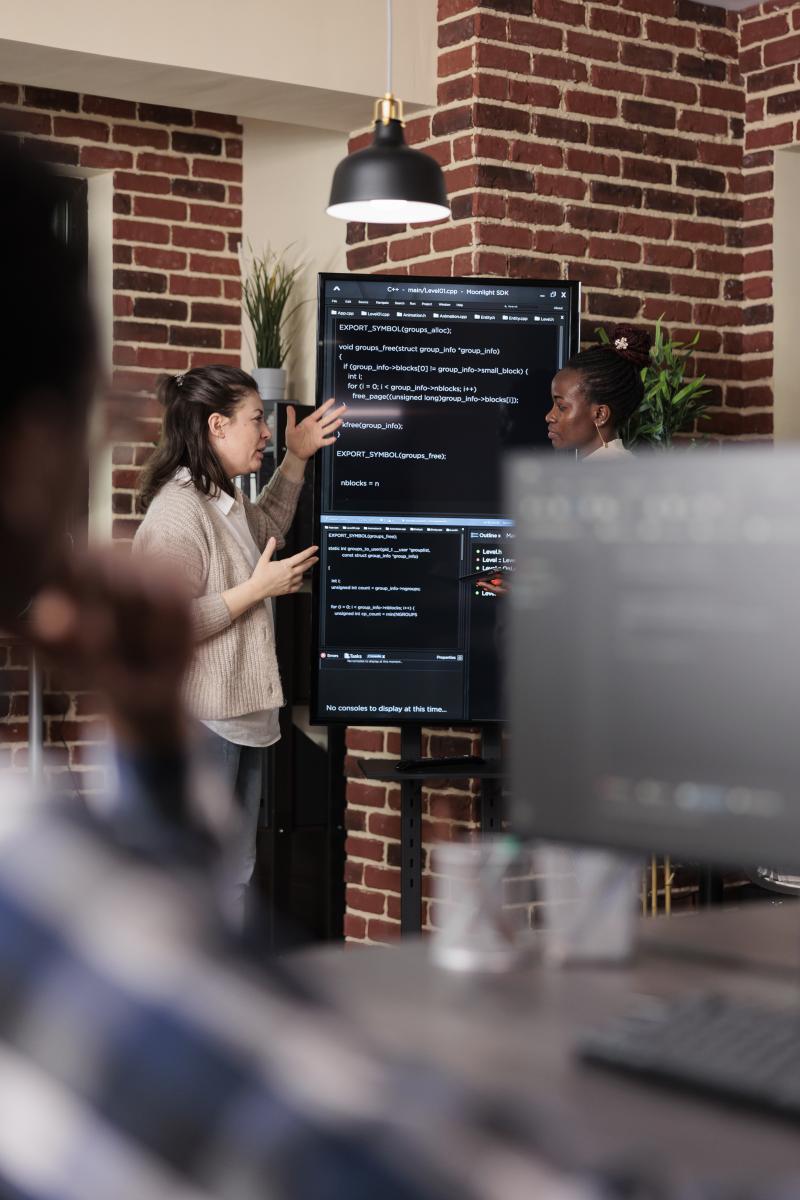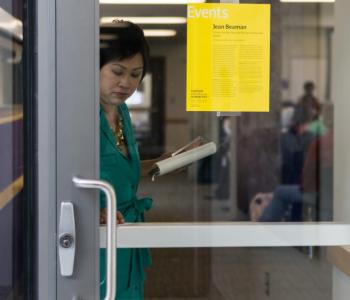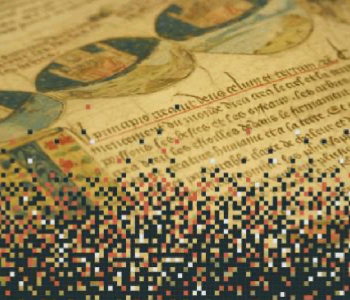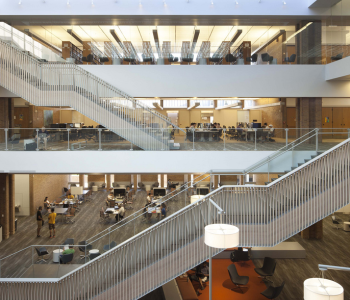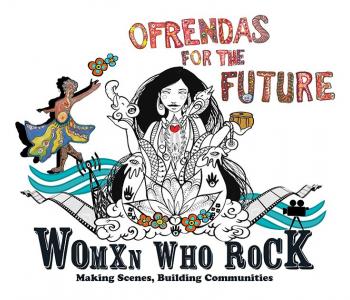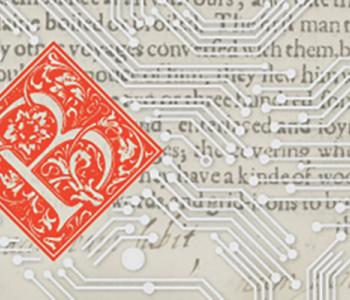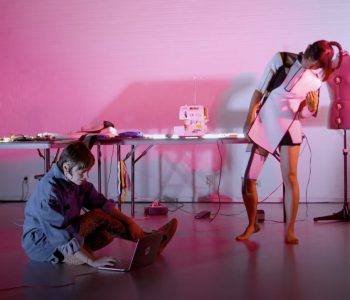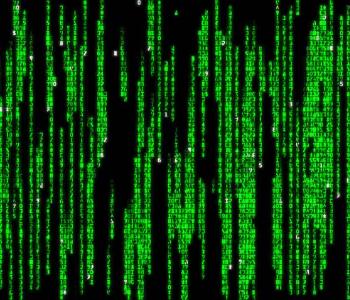The Simpson Center has been central to the emergence and growth of the digital humanities through its programming, opportunities for support, and facilitation of interdisciplinary scholarship. We offer a large-scale program of summer fellowships for faculty and graduate students, sponsor visiting speakers in the broad domain of digital humanities, and partner with the UW Graduate Certificate in Textual and Digital Studies and the University Libraries.
Apply for a Digital Humanities Summer Fellowship
Related Articles
UW doctoral students students speak about their experiences of carrying their learning beyond the academy.
Through digital maps, charts, and other visualizations, James Gregory's online project creates a political geography of American radicalism.
Tad Hirsch, Assistant Professor of Interaction Design at the University of Washington, wrote a script to pull every image tagged with “#AR15” on Instagram. He then arranged the images in a digital mosaic titled “A Well-Regulated Militia,” first displayed at...
